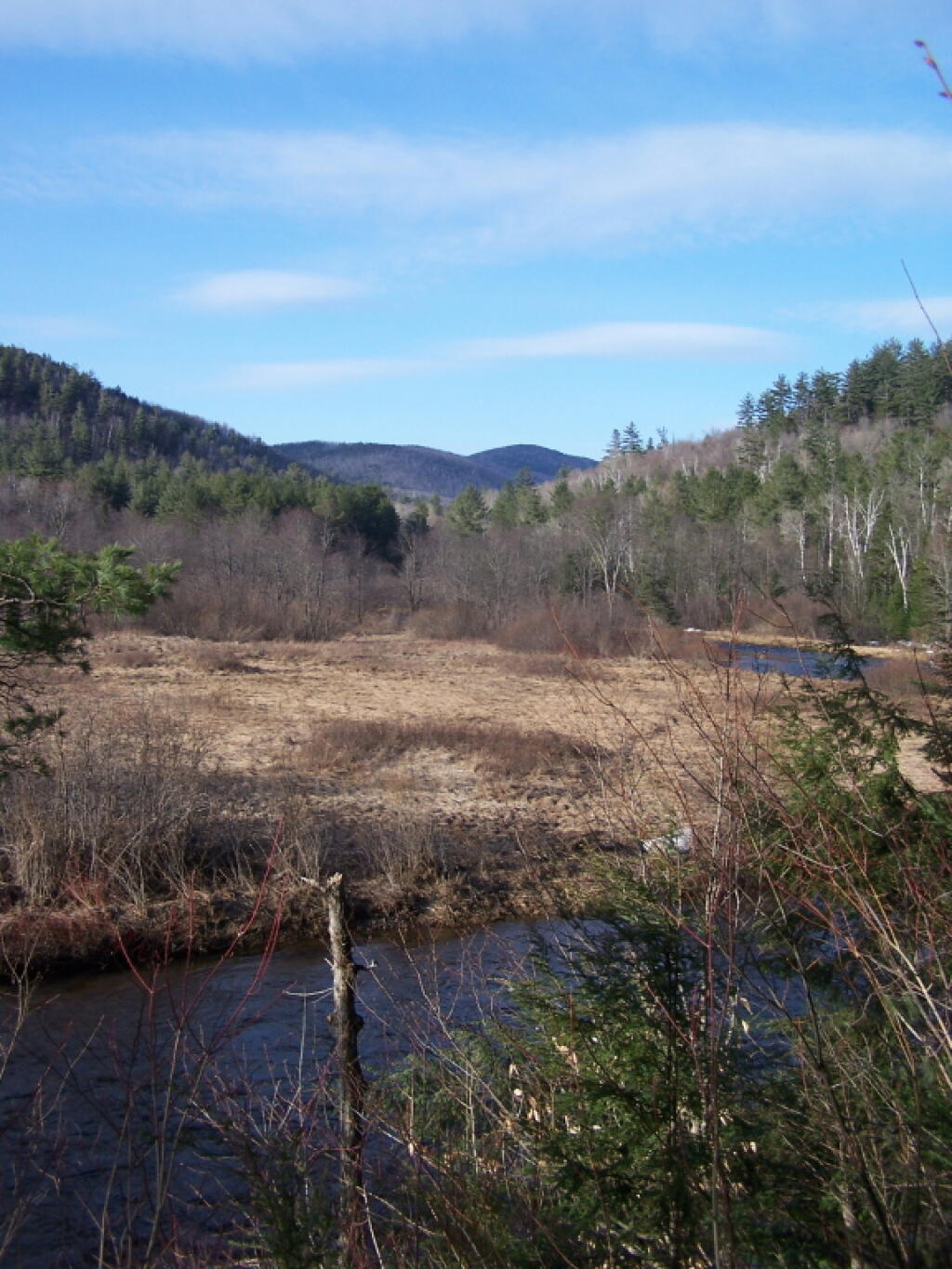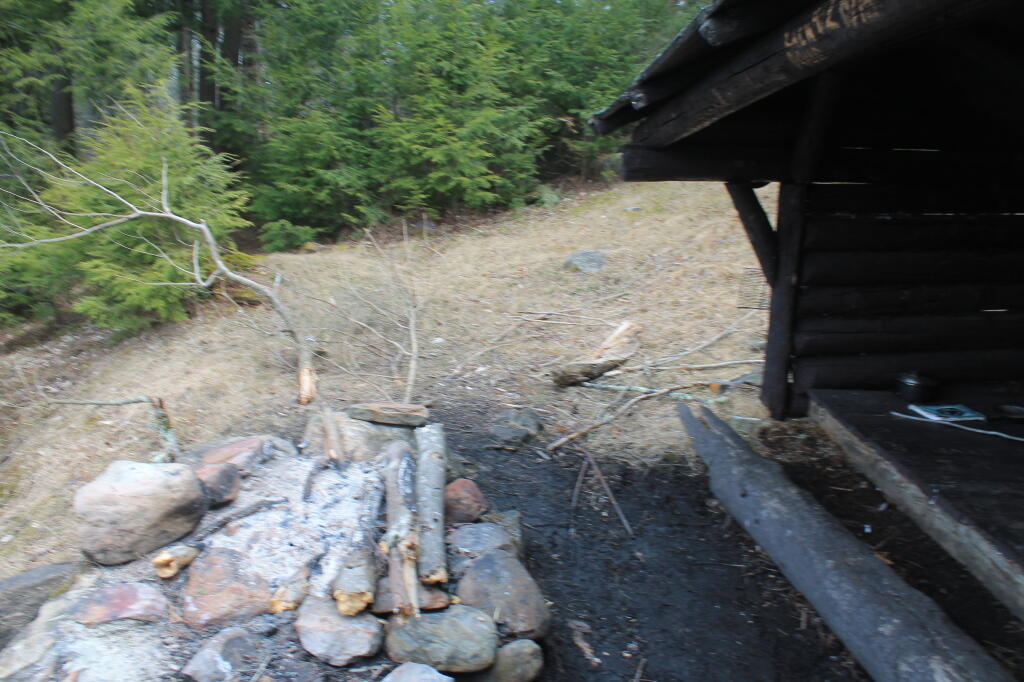10 Effective Prayers That Could Help You Win The Lottery
While I think this is a very silly article, I like it because it's so silly and people often believe these kinds of things. I think it's better to save and invest over time, rather then gamble.

